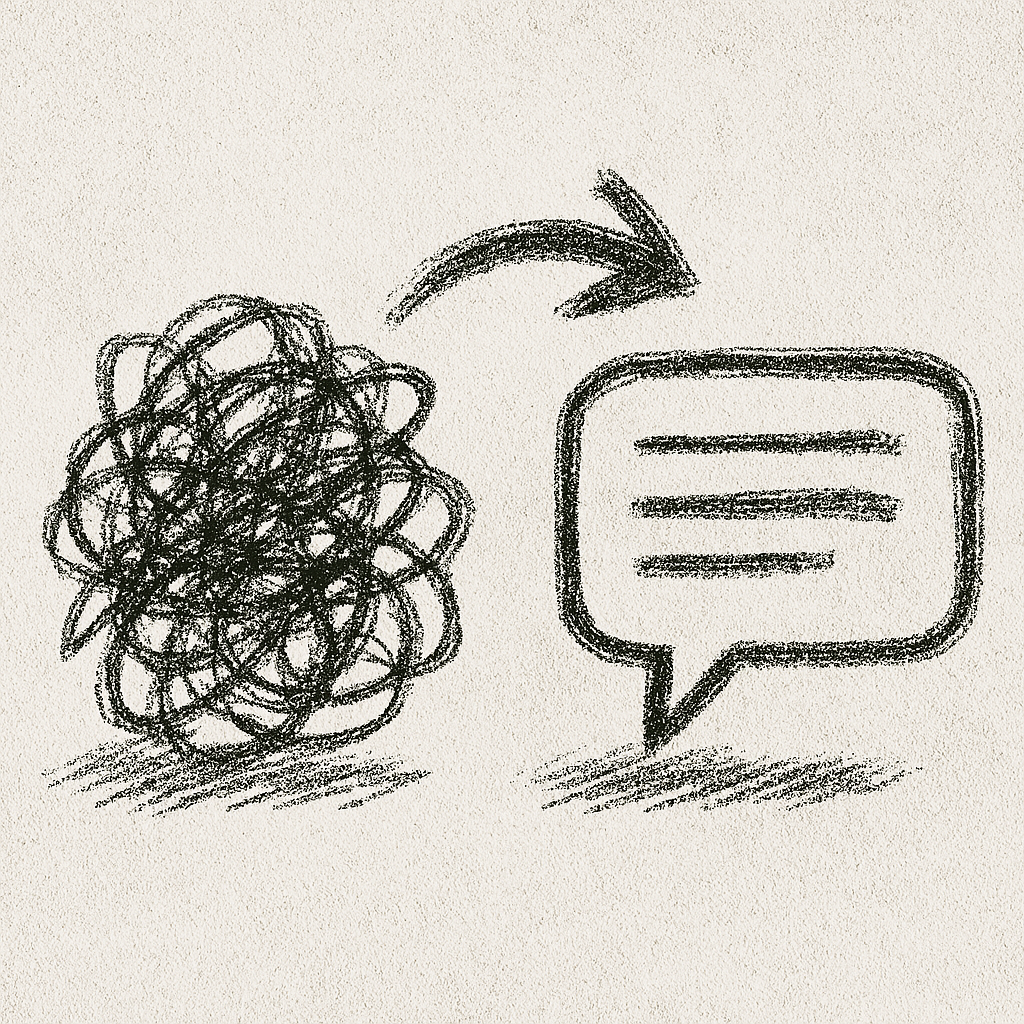
Quick Thought - Fall 2024
Some Thoughts on Failing Better
I've never had the kind of failure that ends in a dramatic crash. Mine show up more like a slow unraveling—a series of tradeoffs, missed cues, or moments when I knew something was off but didn't know how to name it yet.
What I've learned is that "failing better" isn't about heroic rebounds or flashy lessons. It's about tuning in early, being honest about friction, and making adjustments before things get too far off course.
There was a stretch at Discord where I was working on a new entry point for Activities—trying to build something casual, discoverable, and lightweight. The technical constraints were real. The product vision was evolving. And the work was being scoped and rescoped as we moved. I kept my head down, tried to be the steady hand in the storm, and shipped a version that did the job… but didn't quite hit the mark I was aiming for.
Some of that came down to poor design leadership. Not malice—just absence. There wasn't a clear voice helping shape the direction, defend the thinking, or set expectations upstream. And in that vacuum, compromise became the default. I pitched a stronger, more intentional version of the experience early on, but without support, it drifted. And ironically, when all was said and done, many of the ideas I started with were the ones that ended up shipping—just piecemealed, without the cohesion they deserved.
That experience shifted how I work. These days, I try to speak up earlier, even if the idea is still half-baked. I plant flags sooner. I try to build more alignment at the edges—across PM, eng, data, and marketing—so it doesn't all hinge on a pitch made too late. That's the version of "failing better" that feels true to me: not bouncing back after a public flop, but learning to see the signals and act before things go sideways.
I'm also learning that failure doesn't have to mean something broke. Sometimes it just means you saw what could have been. That gap between potential and reality? It can sting. But it can also push your craft forward.
So no, I don't have a story about a product dramatically collapsing or a flashy rebound that changed everything overnight. Instead, I have quieter stories—ones that taught me to listen more closely, ask better questions, and trust the friction before it becomes failure.
That’s how quiet failures become momentum for me: recognizing the gap between potential and reality, feeling the sting, and turning it into clarity for what’s next.